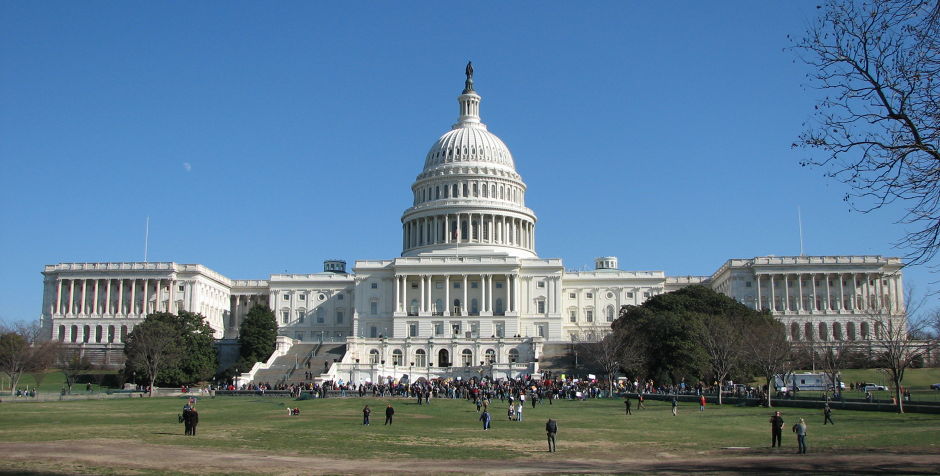Major Funding Bill Adopts ACLJ Recommendations to Defend Religious Freedom from Persecution
A major funding bill in Congress has adopted specific recommendations the ACLJ has been fighting for to defend persecuted Christians across the globe.
Earlier this spring, ACLJ Chief Counsel Jay Sekulow testified before a subcommittee of the U.S. Senate Appropriations Committee. The main thrust of that testimony was an admonition for the United States to use every lever of government available to advocate for those suffering religious persecution around the world. As Jay pointed out to the Senators on the subcommittee, the United States plays an absolutely critical leadership role in the world on matters of persecution and human rights, and it is incumbent on all of us to take that responsibility seriously.
At the ACLJ, we are constantly looking for specific, tangible ways for the United States to better advance and defend religious freedom. At the conclusion of his testimony, Jay made several very specific policy recommendations for the Senate to consider. As the hearing concluded, Chairman Lindsey Graham promised that the subcommittee would be taking action on the recommendations.
Last week, Chairman Graham and the Appropriations Committee followed through on that promise. When the Committee approved the Fiscal Year 2016 State and Foreign Operations Appropriations bill on Thursday, it included numerous provisions aimed at the furtherance of religious freedom (many of which directly addressed Jay’s recommendations):
- If the President and State Department ignore a recommendation from the U.S. Commission on International Religious Freedom (USCIRF) that a specific country be designated as a country of particular concern (CPC), the State Department must submit a report to Congress justifying that failure.
- The President must provide Congress with a report on any non-state entities or individuals who engage in violations of religious freedom. This provision closely mirrors Jay’s recommendation and allows more effective action be taken against persecutors like ISIS and Boko Haram.
- Report language in the bill urges Iran to release Pastor Saeed Abedini, an American pastor who has been imprisoned in Iran for more than 1,000 days on account of his Christian faith.
We applaud the subcommittee for these very specific actions on behalf of religious freedom. It is actions like these that make a tangible difference as the United States interacts with the rest of the world. Along with these positive developments, we continue to call for a more aggressive requirement that countries that receive U.S. taxpayer dollars refrain from religious persecution as a prerequisite for receiving that aid.
Engagement matters. The U.S. government has countless additional opportunities to stem the tide of religious persecution. We must seize those opportunities.
